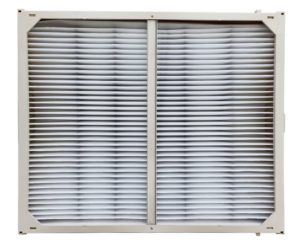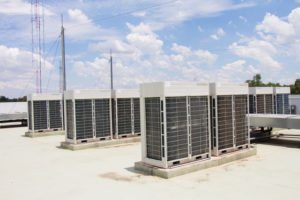
With the hot weather approaching quickly, the last thing you want is to find out that your air conditioner doesn’t work. If it’s something you can’t fix and you need AC repair Denver technicians to come out, be sure to get on their schedule as this is a busy time of year for their services. Air conditioners are high-capacity appliances that can easily break down while sitting idly during the winter months, gathering dust, leaves, twigs and other debris, waiting for the next start, but with these easy maintenance operations you can make sure your unit will serve you well during the summer:
- Turn off the power to the unit before you do any inspection or cleaning – it is essential for your safety;
- Clean or replace filters – take out and clean permanent filters or replace disposable filters to make sure the flow of air through the unit is unobstructed. While you are at it, clean the filter casing and the filter grilles with some gentle detergent and water;
- Clean the condenser unit – the condenser is usually located outdoor and it has large fans that can be easily damaged by debris or objects that obstruct their movement;
- Clean the entire condenser coil with a soft brush and coil cleaner spray and pay attention to the condenser drain as well;
- Clean the area around the outdoor unit as well – remove any debris as well as vegetation that might grow on the unit;
- When the cleaning is complete, make sure that all the components are properly installed and fixed into place.


